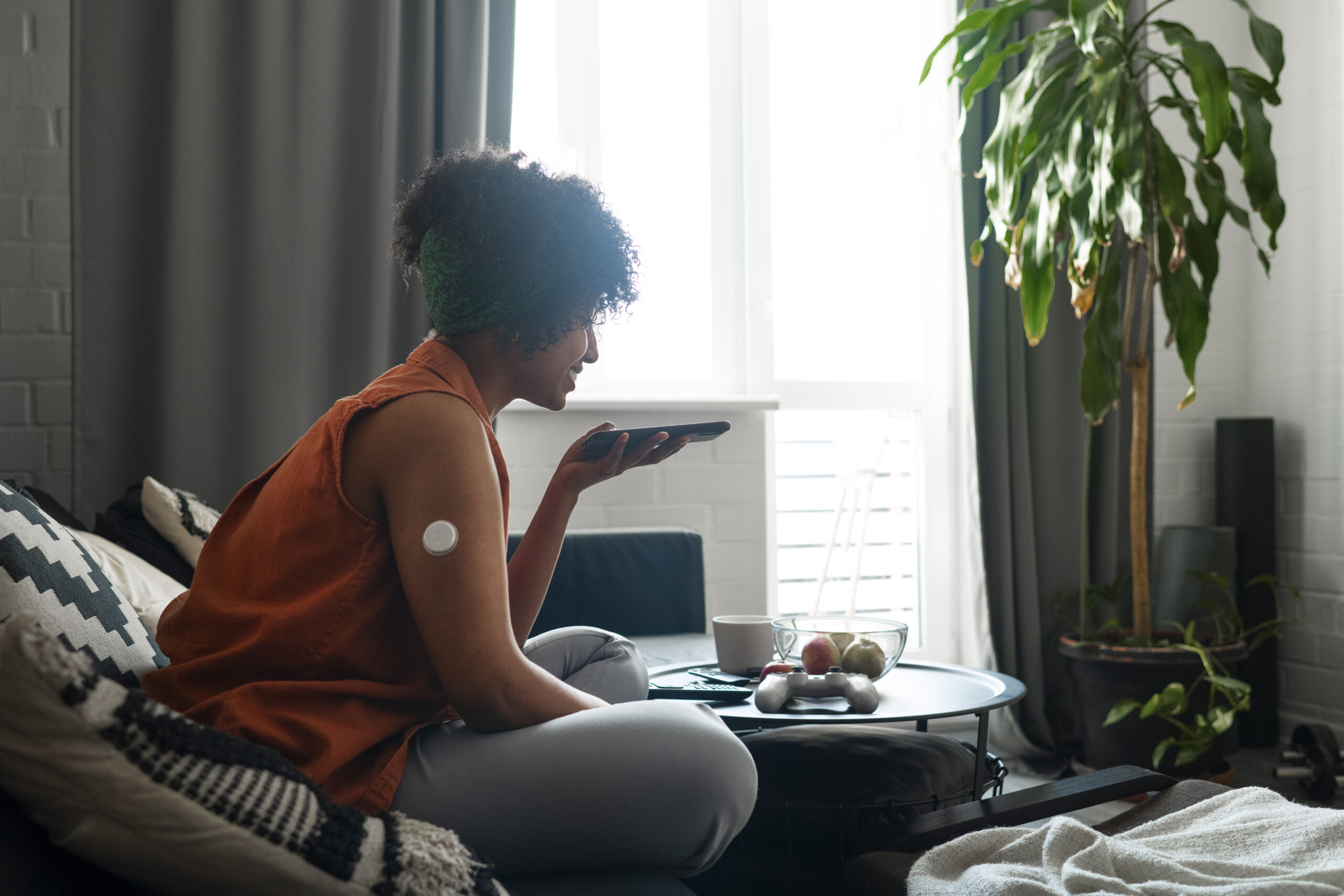Many women have shared their experiences with emergency contraceptive pills. For instance, Sarah, a 28-year-old teacher, recounted, “When my condom broke, I didn’t panic. I remembered that I could use Plan B. It was a relief to know that I had options to prevent an unwanted pregnancy.” Similarly, Anna, a college student, shared, “the condom broke and we noticed when he withdrew, and I was in my fertility window. I decided to go to the pharmacy. I was offered the options available . It was an easy experience. After taking it, I felt calm, with a bit of dizziness, nausea and pelvic pain like a menstrual cramp.
It’s good to have these pills, but there needs to be more information about side effects and possible complications. Many girls use them as a contraceptive method.’’
For many women, emergency contraceptives (EC) have become an important part of their reproductive health routine to help prevent unintended pregnancies. However, many women possess limited or no knowledge about the purpose of emergency contraceptive pills, how to use them correctly, and their potential health implications. This article aims to educate women about the proper use and benefits of emergency contraceptives while addressing common misconceptions.
What Are Emergency Contraceptives?
According to the World Health Organization (WHO), emergency contraceptives are methods of contraception that can be used to prevent pregnancy after unprotected sexual intercourse. Commonly known as the “morning-after pill,” EC pills are intended for emergency situations, such as when unprotected intercourse occurs, when a condom breaks or slips off, or if a woman has been a victim of sexual assault. Importantly, emergency contraceptive pills do not terminate an existing pregnancy; they work to prevent pregnancy before it occurs.This can be a source of confusion and stigma, but understanding the true function of ECs is crucial for informed choices.

How The Various Ecps Work
Levonorgestrel (e.g., Plan B One-Step, Levonelle): This progestin mainly inhibits or delays ovulation. If ovulation has already occurred, it may alter the movements of sperm or the egg in the reproductive tract, making fertilization more difficult. It is effective when taken within 72 hours after unprotected intercourse.
Ulipristal Acetate (e.g., EllaOne): This selective progesterone receptor modulator works primarily by delaying ovulation, even when taken closer to ovulation than levonorgestrel. Ulipristal is effective when taken within 120 hours (5 days) after unprotected intercourse.
The Intrauterine Device (IUD): The copper intrauterine device (Cu-IUD) can also serve as emergency contraception if inserted within 5 days of unprotected intercourse. It remains effective for 5 to 10 years, depending on the type, and boasts an effectiveness rate of over 99%.

Side Effects of Taking Emergency Contraceptive Pills
Common side effects of ECPs can include:
– Changes to menstrual cycles (your period might be earlier or later than normal)
– Light vaginal bleeding (spotting)
– Nausea and vomiting
– Fatigue
– Headaches and dizziness
– Breast tenderness
– Abdominal pain or cramping
Most people experience mild side effects. If you notice more severe symptoms or have concerns after taking the morning-after pill, it’s important to reach out to your healthcare provider.
Important Considerations
Emergency contraceptive pills (ECPs), like Postinor or Plan B, should not be used as a regular alternative to birth control pills for several important reasons:
Lower Effectiveness: Emergency contraceptives are less effective than regular birth control methods. They are meant for occasional use after unprotected sex, not for routine prevention.
Hormonal Imbalance: Due to the high doses of hormones in ECPs, frequent use can disrupt menstrual cycles and lead to side effects.
No STI Protection:ECPs do not protect against sexually transmitted infections (STIs). Relying solely on them increases health risks if you’re sexually active with multiple partners.
Cost and Convenience: Using ECPs regularly can be more expensive and less convenient than long-term contraceptive options like pills, IUDs, or implants.
Missed Opportunity for Better Options: Relying on emergency pills means you might miss out on safer, more effective, and longer-lasting contraceptive methods.
Emergency contraceptive pills are an important option for women facing unplanned circumstances. However, they are intended for emergency use, not as a regular form of birth control. Regular contraceptive methods are safer, more effective, and better for your overall health in the long run. Always consult with a healthcare provider for personalized guidance regarding emergency contraception and to explore comprehensive options for reproductive health.
Resources for Further Information
For more information on emergency contraceptive options and reproductive health, consider visiting these resources:
Planned Parenthood:[PlannedParenthood.org]
The American College of Obstetricians and Gynecologists:[ACOG.org]
World Health Organization: [who.int]

